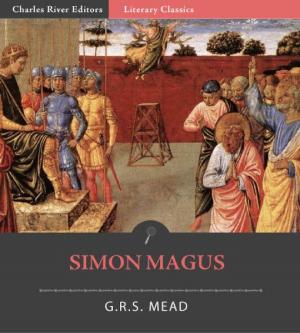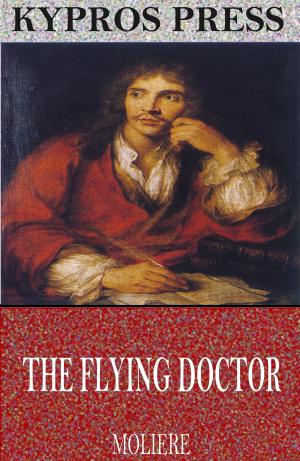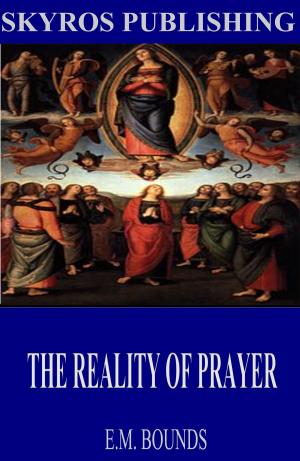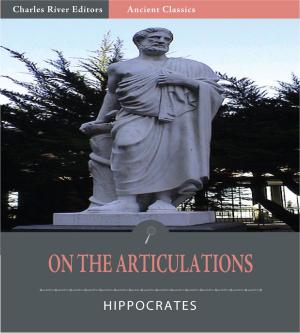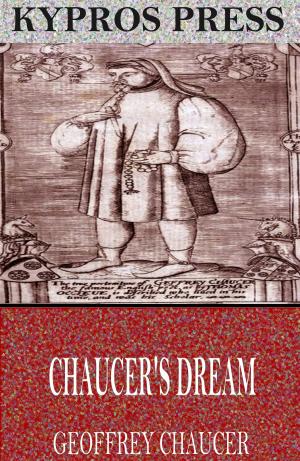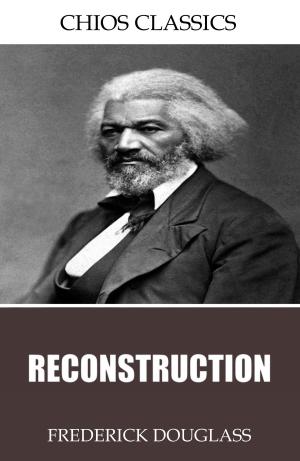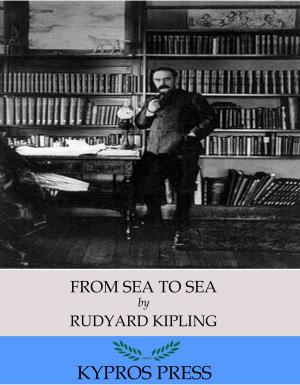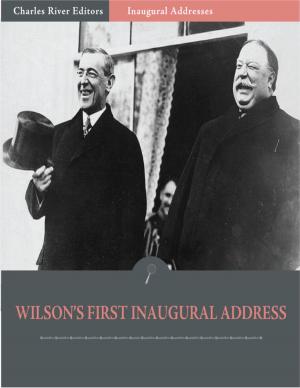Of Money
Business & Finance, Economics, Money & Monetary Policy, Macroeconomics, Theory of Economics| Author: | David Hume | ISBN: | 9781475306071 |
| Publisher: | Charles River Editors | Publication: | April 13, 2012 |
| Imprint: | Language: | English |
| Author: | David Hume |
| ISBN: | 9781475306071 |
| Publisher: | Charles River Editors |
| Publication: | April 13, 2012 |
| Imprint: | |
| Language: | English |
David Hume (7 May 1711 25 August 1776) was a Scottish philosopher, historian, economist, and essayist, known especially for his philosophical empiricism and skepticism. He is regarded as one of the most important figures in the history of Western philosophy and the Scottish Enlightenment. Hume is often grouped with John Locke, George Berkeley, and a handful of others as a British Empiricist. Beginning with his A Treatise of Human Nature (1739), Hume strove to create a total naturalistic "science of man" that examined the psychological basis of human nature. In opposition to the rationalists who preceded him, he concluded that desire rather than reason governed human behavior. Of Money is a short essay by Hume concerning monetary policy.
David Hume (7 May 1711 25 August 1776) was a Scottish philosopher, historian, economist, and essayist, known especially for his philosophical empiricism and skepticism. He is regarded as one of the most important figures in the history of Western philosophy and the Scottish Enlightenment. Hume is often grouped with John Locke, George Berkeley, and a handful of others as a British Empiricist. Beginning with his A Treatise of Human Nature (1739), Hume strove to create a total naturalistic "science of man" that examined the psychological basis of human nature. In opposition to the rationalists who preceded him, he concluded that desire rather than reason governed human behavior. Of Money is a short essay by Hume concerning monetary policy.

